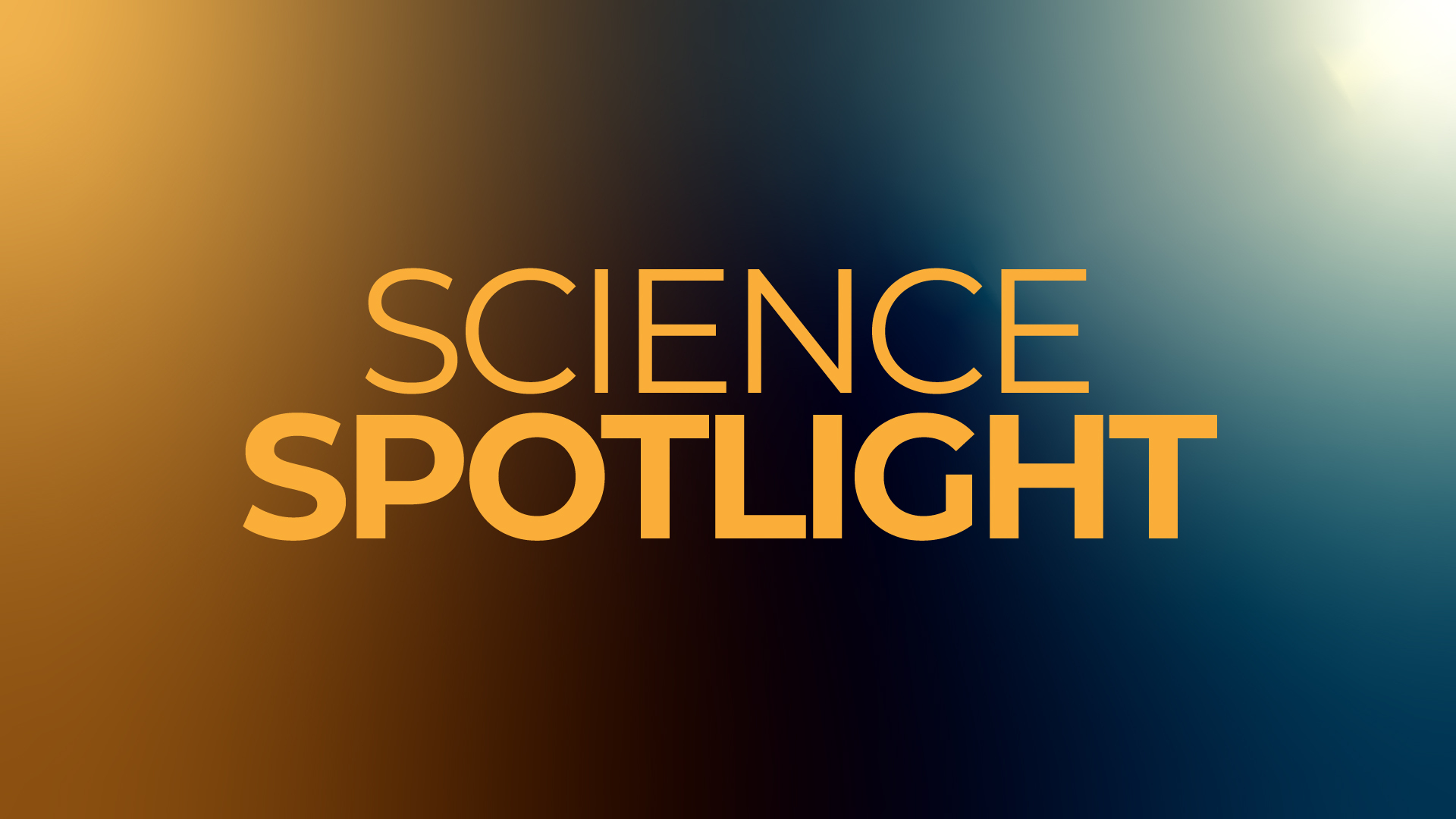Science News: Recent scientific discoveries and expert analysis
Read the latest science news and recent scientific discoveries on Live Science, where we've been reporting on groundbreaking advances for over 20 years. Our expert editors, writers and contributors are ready to guide you through today's most important breakthroughs in science with expert analysis, in-depth explainers and interesting articles, covering everything from space, technology, health, animals, planet Earth, and much more.

Explainers | Everything you need to know about the science news that matters.

Science Spotlight | Shining a light on new science transforming our world.
Latest news

Parasitic worm raises risk of cervical cancer
By Clarissa Brincat published
A parasitic worm may raise the risk of cervical cancer through several mechanisms, scientists have found, although HPV remains the primary driver behind the disease.

Lion mauled gladiator to death 1,800 years ago in Roman Britain, controversial study suggests
By Owen Jarus published
A skeleton in England may have belonged to a gladiator who died fighting a large cat, possibly a lion, a new study finds.

Cancer: Facts about the diseases that cause out-of-control cell growth
By Mindy Weisberger published
Learn facts about cancer, in which abnormal cell growth destroys healthy body tissues.

NASA's Lucy spacecraft snaps first close-ups of weird peanut-shaped asteroid
By Patrick Pester published
NASA has released the Lucy spacecraft's first close-up images of asteroid Donaldjohanson, revealing a peanut-shaped rock that could shed light on how planets formed in our solar system.

Scientists create ultra-tough copper alloy that is stronger than steel and can withstand temperatures of 1500 F
By Ben Turner published
The new super-strong copper alloy can be used to build better airplanes and spacecraft.

Extreme 'zombie star' capable of ripping human atoms apart is shooting through the Milky Way — and nobody knows where it came from
By Harry Baker published
Astronomers have discovered that the magnetar SGR 0501+4516 is speeding through our galaxy at more than 110,000 mph. This unusually fast speed hints that it was not born as expected, which could help explain the puzzling origin of some fast radio bursts.

Scientists reveal the first operating system for quantum computers
By Peter Ray Allison published
QNodeOS is the world's first operating system designed for quantum computers and will enable connections between different types of quantum computers.

Scientists capture footage of bizarre deep-sea creature with parasite pig tails
By Elise Poore published
Scientists on an expedition to the South Sandwich Islands near Antarctica have recorded horrifying videos of parasitic copepods feasting on the head of a deep sea rattail fish.

Ancient 'military outpost' in North Macedonia might be birthplace of Alexander the Great's grandmother
By Owen Jarus published
Remains of what may be the ancient capital city of the Kingdom of Lyncestis have been found in North Macedonia.

Mysterious, out-of-place 'Skull' rock on Mars leaves scientists baffled
By Sharmila Kuthunur published
NASA's Perseverance rover on Mars has discovered unusual "float" rocks on the rim of Jezero Crater while searching for signs of ancient microbial life. Scientists are investigating their origin.

Chimps filmed sharing alcoholic food for first time
By Patrick Pester published
Videos of chimpanzees sharing alcoholic fruit suggest that this behavior could have led to feasting in humans, a new study finds.

New benchmark will reveal when quantum computers overtake the fastest supercomputers, scientists say
By Alan Bradley published
A new benchmark performed on chips from five different vendors has indicated how we can measure QPU performance as quantum computers become more advanced and useful.

Simple blood test could help reveal whether melanoma will come back
By Stephanie Pappas published
A new study finds that fragments of tumor DNA in a patient's bloodstream could show that they are at high risk of a melanoma recurrence.

Nearly 3 million extra deaths by 2030 could result from HIV funding cuts, study suggests
By Nicoletta Lanese, Emily Cooke published
A modeling study looked at how anticipated cuts to international HIV funding would affect the rate of new cases and HIV-related deaths in low- and middle-income countries.

'Squeezing' Schrödinger's cat-inspired qubits could lead to more reliable quantum computing
By Peter Ray Allison published
A new technique improves the reliability of cat qubits by squeezing their probabilistic states. This could improve their reliability and lifetime, and pave the way for accurate quantum computing.

Dyson spheres could really exist — but there's a catch
By Paul Sutter published
Is it possible to build a Dyson sphere that isn't catastrophically unstable? New research says yes, but only in one type of star system.

Life on Mars could survive — so long as you're one of these strange, hybrid lifeforms
By Harry Baker published
Researchers bombarded lichens with a year's worth of Martian radiation in just 5 hours — and they survived, hinting that the extremophiles could potentially live on the Red Planet.

See Venus at its 'greatest brilliancy' this week — or wait until Sept. 2026
By Jamie Carter published
Early on April 24, Venus will be at its brightest in the morning sky — just 67 days after it was at its brightest in the evening sky. Here's why.

James Webb telescope reveals hidden past of the Crystal Ball Nebula - Space Photo of the Week
By Jamie Carter published
The James Webb Space Telescope has pointed its infrared optics at the 'Crystal Ball Nebula' NGC 1514, a planetary nebula studied since the late 1800s.

'Beauty' particle discovered at world's largest atom smasher could unlock new physics
By Ben Turner published
Why matter dominates over antimatter in our universe has long been a major cosmic mystery to physicists. A new finding by the world's largest particle collider has revealed a clue.
Sign up for the Live Science daily newsletter now
Get the world’s most fascinating discoveries delivered straight to your inbox.
